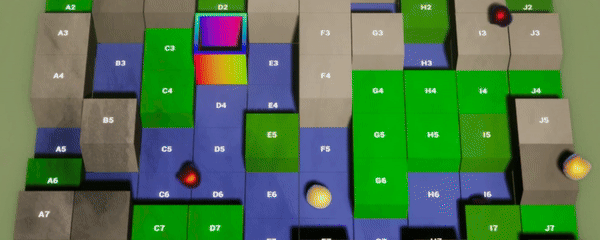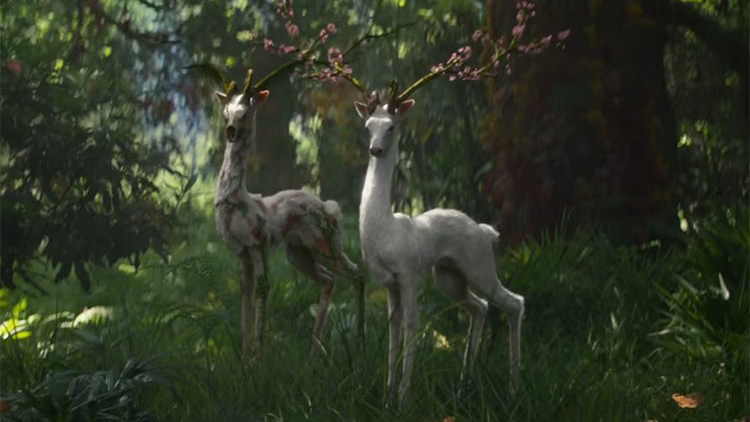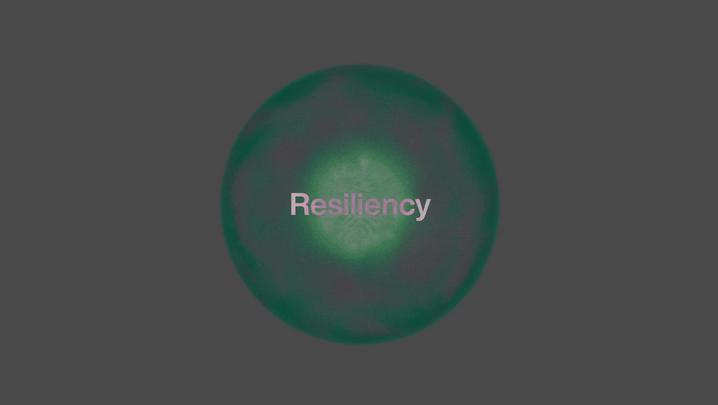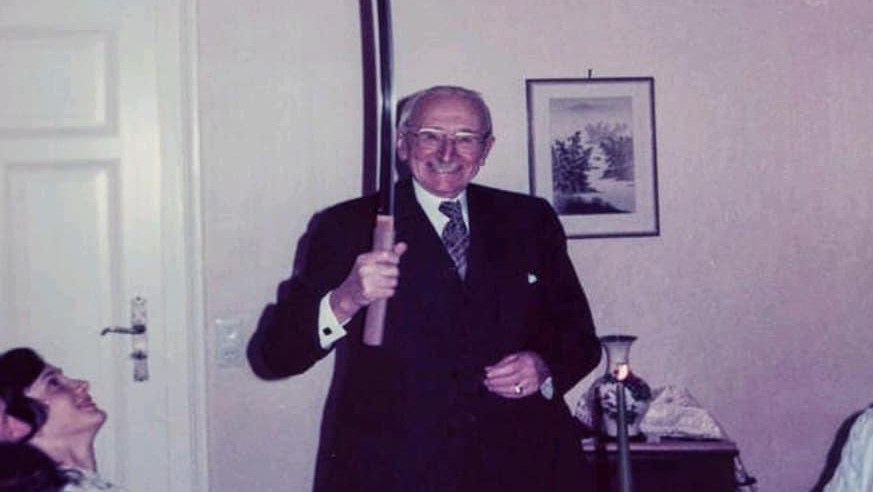Collaborators: Meriem El Yamri, Aleksei Lansitov, Syvlan Rackham, Will Freudenheim
Support: Medialab Matadero
Interplay is an experimental game that investigates the conditions under which collective intelligence emerges. In Interplay, players work together via Twitch chat to accomplish the goal of guiding virtual creatures in procedurally generated maze environments to designated endpoints. In Interplay, players do not directly control critters directly; rather they must work together to manipulate the structure of the maze and the environment. Players do this either by entering coordinate commands, which raise or lower wall tiles or by using natural language inputs. Langage inputs are mapped to vector directions in a Large Language Model (LLM) and control the environmental "wind" force which is used to rapidly move creatures through the maze.
Maintaining pathways as tiles revert to neutral states, avoiding antagonists and discovering how semantic language correlates to the language map within the LLM are challenges that require ongoing strategic cooperation between players. By forcing players to decompose these problems into distributed roles, the game activates the latent swarm intelligence of humans.
Interplay draws inspiration from prior experiments in collective control like Loren Carpenter’s 1991 PONG experiment, where large audiences played Pong by balancing individual sensors, and recent examples like Twitch Plays Pokemon (2014) and Reddit’s r/place (2017), which leverage digital networks.
Contemporary AI’s are kinds of collective intelligences, but ones whose epistemology is incommensurate compared with human cognition. Said otherwise, AI is a collective intelligence searching for a commensurate interface. Interplay is a method for training players in the skills necessary to communicate with AI. Interplay explores what novel forms of cognition may emerge when the single human perspective is decentered through coordinated game playing. Research produced from gameplay offers a set of minimal conditions under which such collective intelligence may arise.













